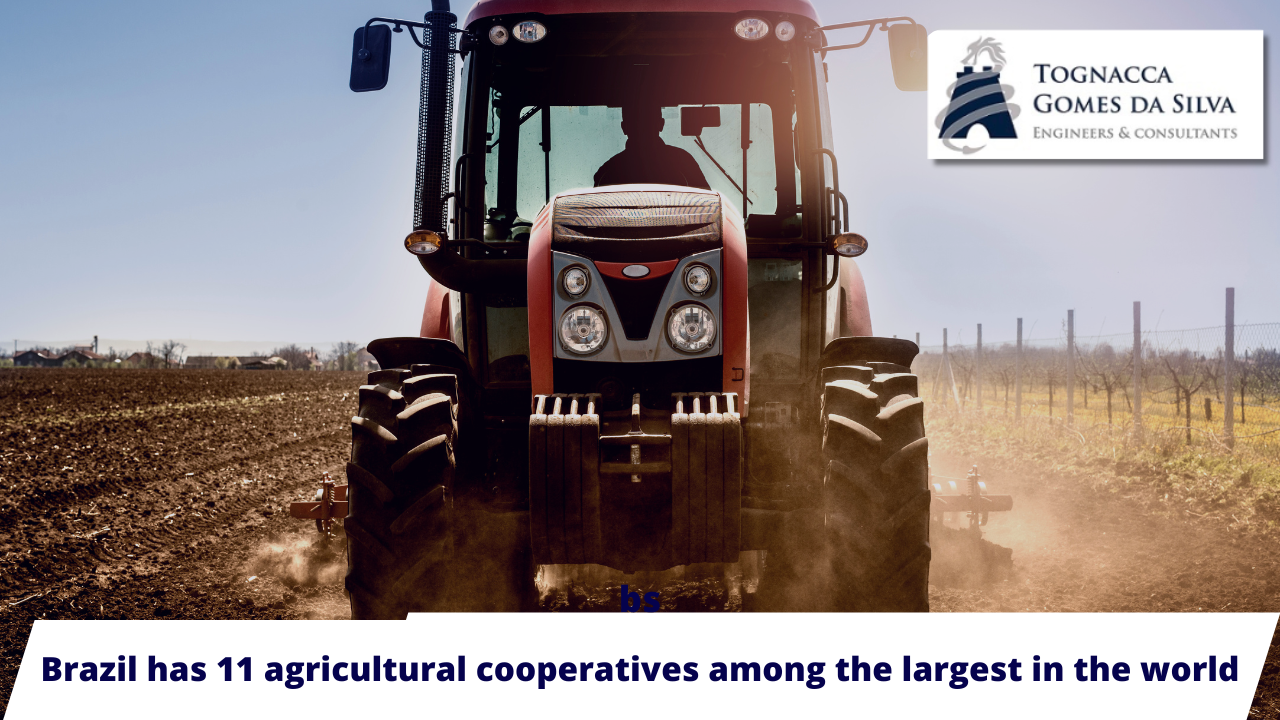Katiuscia Mizokami
A study carried out by the World Cooperative Monitor listed the largest cooperatives in the world and eleven of them are Brazilian. The global economic analysis of cooperatives lists the largest associative companies in terms of revenue, number of members or financial transactions compared to members’ per capita income.
Among the Brazilian names are Frísia, Agrária, Castrolanda, Coamo, Cocamar, Coopavel, Cooperativa Lar, Copacol, C.Vale, Frimesa and Integrada. They are all from the state of Paraná and linked to agribusiness, a fact that helps to understand a little about the sector’s role in the economy.
Among agricultural cooperatives in terms of per capita revenue, Coamo appears in 7th place. In the ranking of the largest cooperatives and mutual organizations, C.Vale appears in the 41st position globally in per capita revenue and also in the 183rd in total revenue. Cooperativa Lar appears in the same list, in 199th place.
In the general per capita revenue ranking among all segments, Cocamar (73rd), Copacol (83rd), Agrária (108th), Integrated (114th), Castrolanda (115th), Frimesa (119th), Frisia (139th) and Coopavel ( 147th).
In the year 2022, these cooperatives earned a third of all sales in this sector throughout Brazil. There were R$ 186 billion billed. According to the Government of the State of Paraná, of all the volume invoiced in the state, 85% comes from the agroindustry, 10% is from the credit sector, 4% from health and 1% from other segments.
With an average annual growth of approximately 20% in the state, agro-industrial cooperatives should expand their leadership even further. According to the Organization of Cooperatives of Paraná (Ocepar), the goal is to reach R$ 200 billion in revenue this year and double this volume over the next five years.
According to the president of Ocepar, José Roberto Ricken, the report is yet another demonstration that Paraná’s cooperativism operates with professionalism. “Cooperatives from Paraná are well managed in a system that is valued by producers. They are highly economically viable associations, legally well organized and with a very modern management model that owes nothing to any country”, he declared.
“This is also a result of the investments that the Ocepar System has made in cooperativism in recent years, such as the self-management program, professionalization through Sescop (National Cooperativism Learning Service) Paraná, in addition to large investments made in this area, and that allowed Paraná cooperatives to export to around 150 countries”, added Ricken.



